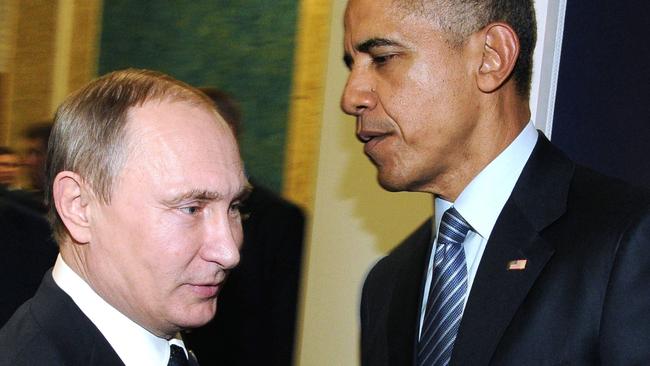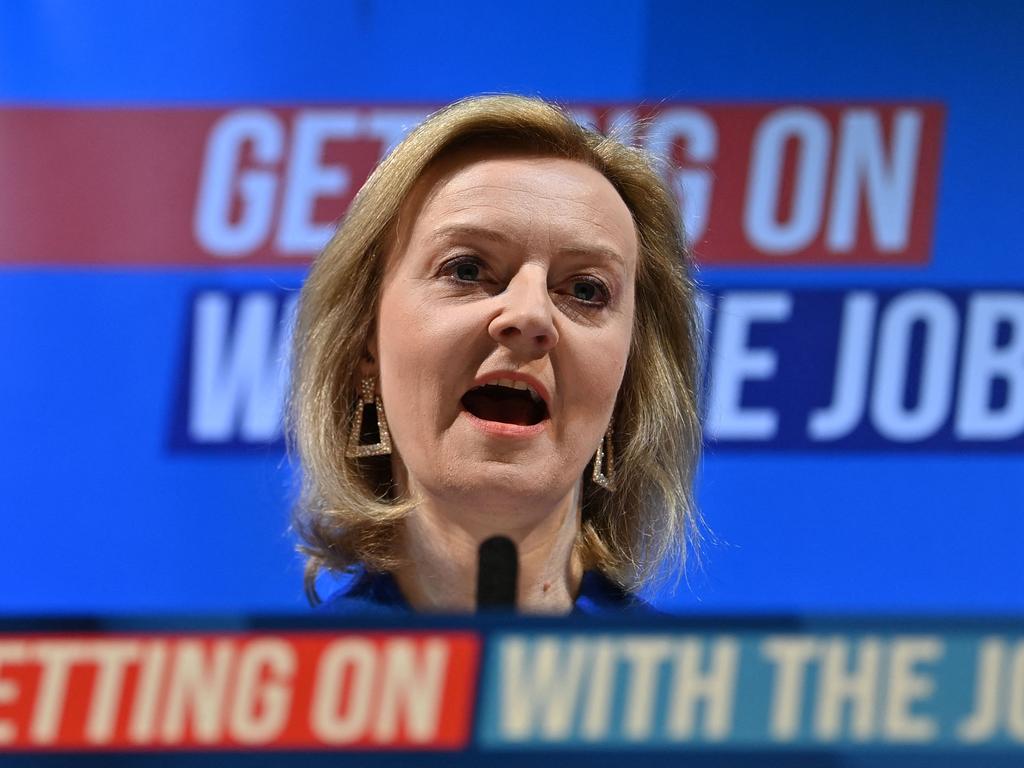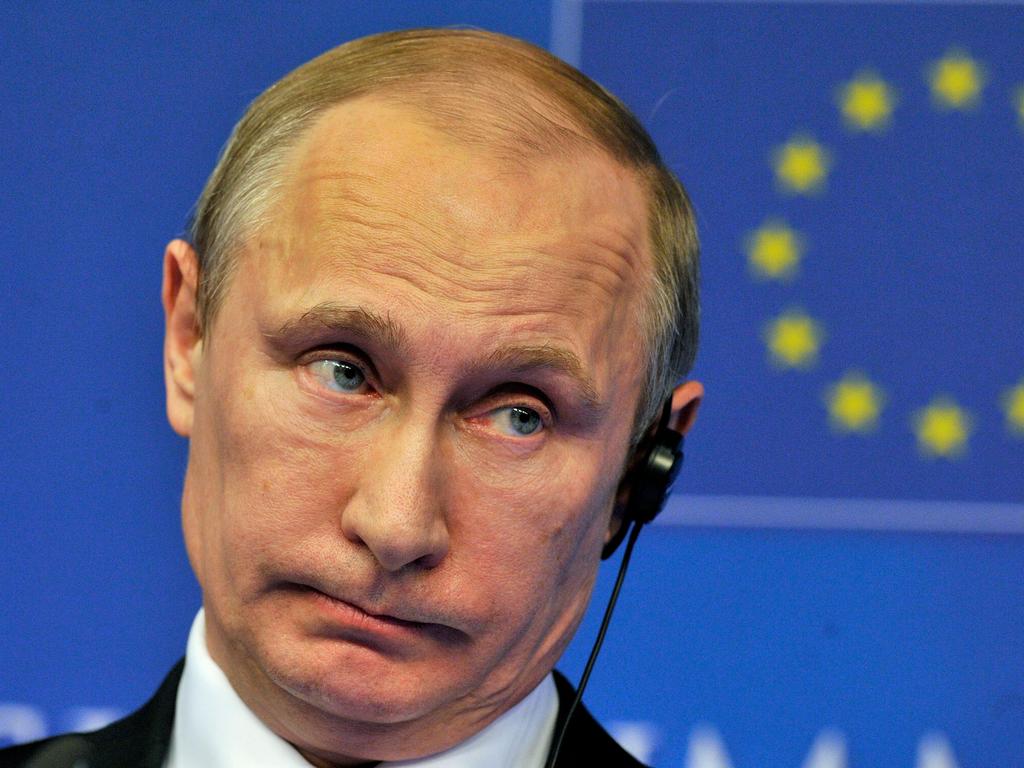Obama led Germany into Putin’s energy trap

But notice that Mr. Putin remains careful to say Russia desires to keep meeting its gas contracts with Western Europe. It’s Europe’s fault that exports through the Nord Stream pipeline are halted for safety reasons, because sanctions prevent repairing a faulty compressor.
Mr. Putin’s Gazprom cronies cheerfully pipe up to say the second Nord Stream pipeline could quickly fill the gap if Germany’s government, by its own action, had not refused to allow it to operate. Less famous pipelines, including the Yamal that runs through Ukraine, continue to carry Russian gas to Europe with the tolerance of Ukraine’s leadership.
Mr. Putin has to preserve some deniability because there’s no chance of any concessions from those Germans still willing to consider his interests if the blackmail is too naked, which it is becoming despite his efforts.
Meanwhile, the phoniness of the West’s own energy riposte is of the opposite variety, all talk and no action, as manifested in a simple fact: So far Mr. Putin’s energy revenues are higher than before the war.
Let’s understand how we really got here. Germany’s mistake didn’t lie in buying gas from Russia, but in denying itself access to alternative supplies — by banning fracking, by not building LNG terminals. Somehow this was supposed to prove its devotion to the climate cause and renewables.
Unmentionably, the sainted Barack Obama was actually the pivotal figure, abandoning on behalf of the Western world the idea of fighting climate change with taxes in favor of pretending to fight it with handouts to alternative energy interests.
America’s exciting new president, on the eve of taking office, revealed a new direction in climate policy, focused on subsidizing solar and wind rollouts. The same spirit, a few years later, would fully infuse Germany’s Energiewende.
Whatever the political logic, this was not a policy for dealing with climate change. Take an example that will produce blushes in many quarters. Between 2005 and 2019, the U.S. reduced its total emissions by displacing coal with gas for electricity generation.
This result has been widely celebrated but there’s no reason to believe global emissions were lower. The U.S. at the same time greatly boosted its exports of oil, gas and coal. It boosted its imports of emissions-heavy merchandise and materials, including (ironically) lithium for electric cars.
The same logic applies if renewables were now forced to replace gas. Without an incentive actually to use less fossil fuels (i.e., a tax), subsidizing new forms of energy will mainly tend to accelerate energy consumption overall, with fossil fuels increasing right along with renewables.
This is demonstrably what has happened — look at the energy consumption and emissions tables. If California mandates the purchase of electric cars, the rest of the world will be able to consume more gasoline.
Again, you can tax fossil fuels, even punitively, and still maintain diversity of supply. Germany did the opposite, indenturing itself to cheap Russian gas while denying itself diversity of supply because, you know, wind and solar would fill the hole in the long run. This alone explains why a modest interruption of energy flows — the Nord Stream pipeline provided 5% of Europe’s consumption — now creates industrial chaos. Mr. Putin couldn’t have done this to Germany. Germany could only have done it to itself. But it’s also strikingly clear that Mr. Putin mistook Germany’s energy captivity for a sign the stars were ready to smile on his bruited Ukraine adventure.
The struggle to interpret Mr. Putin’s actions goes on, but everything that some this week see as a major escalation can also be interpreted as another day-late, dollar-short Putin attempt at finding a way out of his self-made trap.
Mr. Putin could openly declare energy war on Germany. He hasn’t. He could announce a genuine draft rather than a hurried, collapse-preventing mobilization of ex-soldiers that is already being resisted. He could have blown a patriotic horn in revealing this step but instead said he was yielding to his increasingly discredited general staff. He also promised the move would be “fully adequate” to meet the military situation. A few hours later, his government authorized a large prisoner exchange with Ukraine.
Mr. Putin knows his war is failing, his position is eroding, and it can be salvaged only if the West pressures Ukraine to stop fighting and negotiate while Mr. Putin is still in possession of large chunks of its territory. The danger lies in what steps Mr. Putin thinks might move the West off its dime.
The Wall Street Journal







Vladimir Putin’s energy war is real but undeclared. The West’s counter energy war is declared but not real. Doubtful is whether the latest convoluted U.S. plan to cap Mr. Putin’s oil receipts will be any different (though it’s certain to spawn a lot of future Marc Riches).